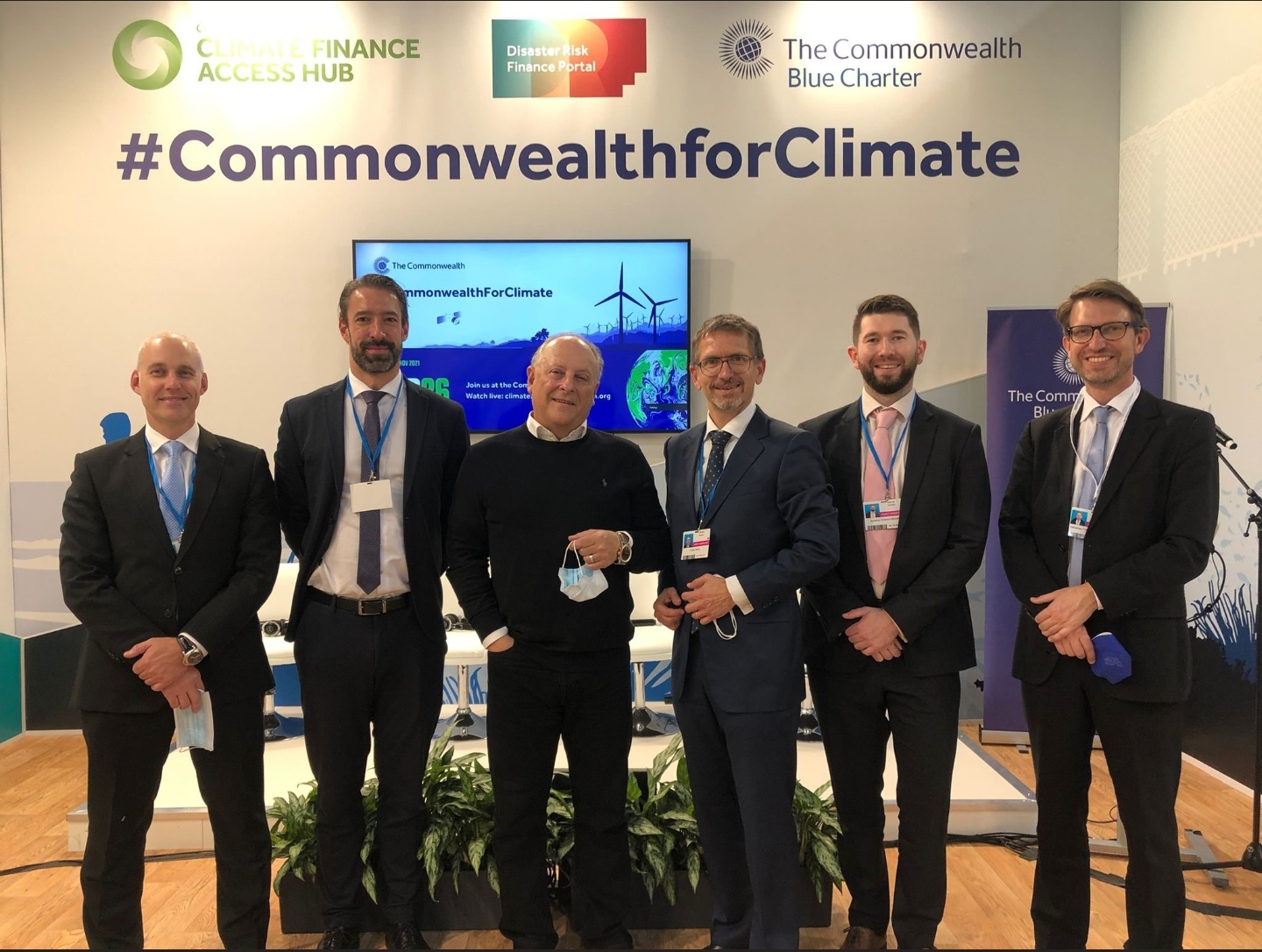The Government of Namibia has issued last week a notice of award to HYPHEN Hydrogen Energy, the joint-venture of Nicholas Holdings Limited and ENERTRAG South Africa (Pty) Ltd, for the development of a $9.4bn hydrogen project.
It seeks to establish Namibia’s first large-scale vertically integrated green hydrogen project in the Tsau/Khaeb national park to produce 300,000 tonnes per year of hydrogen for regional and global markets, either in pure form or derivative such as green ammonia.
HYPHEN’s winning bid ensures the company has the right to construct and operate the project for 40 years.
Phase 1 is expected to start producing by 2026 at a cost of $4.4bn. It will include the installation of 2 GW of renewable energy generation capacity to produce green hydrogen for conversion into green ammonia
The second half of the decade should see subsequent phases be developed to increase renewable energy capacity to 5 GW and commission 3 GW of electrolyser capacity.
The project could create as many as 15,000 direct jobs during the four-year construction of both phases, with a further 3,000 jobs created during the operational phase, according to HYPHEN.

